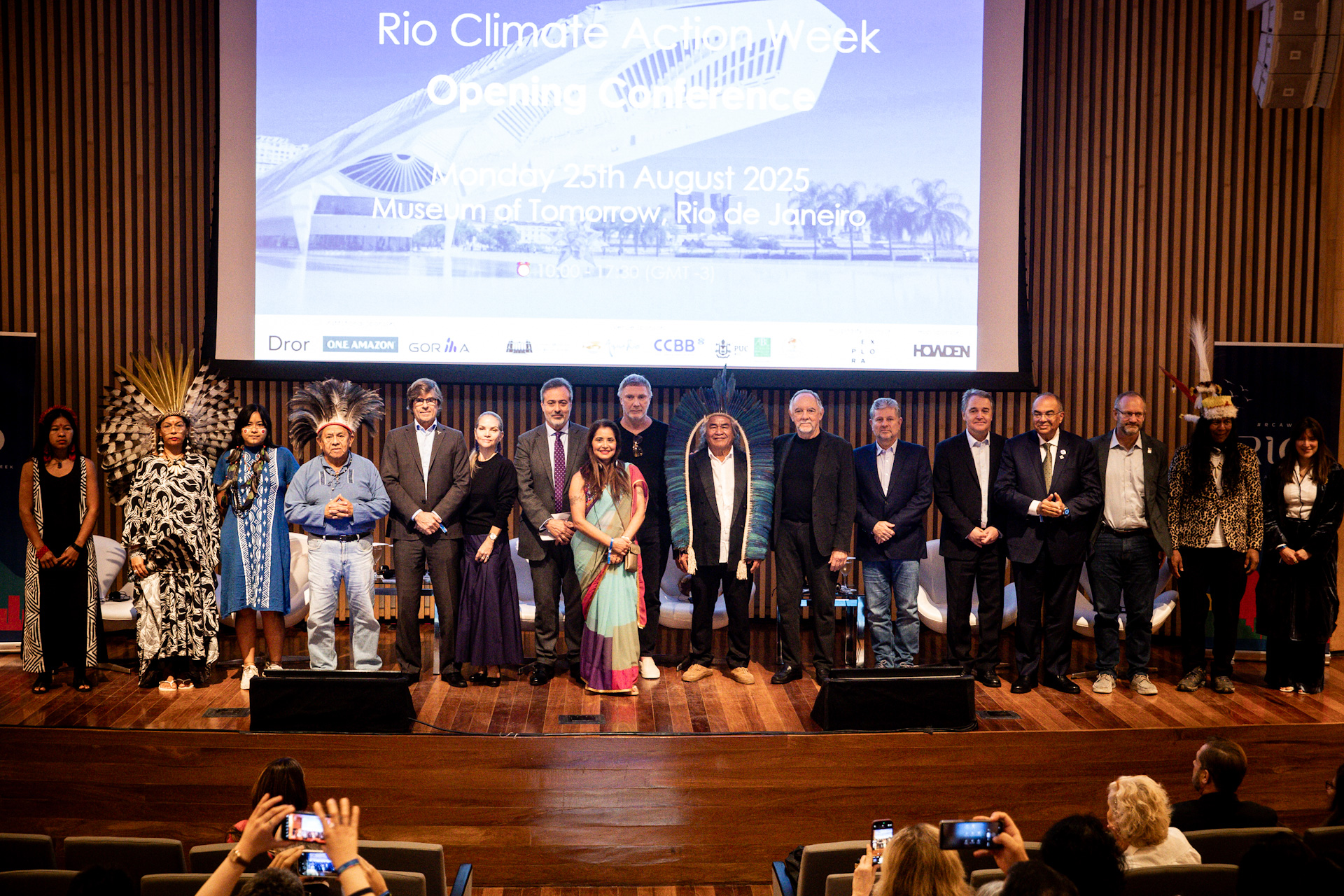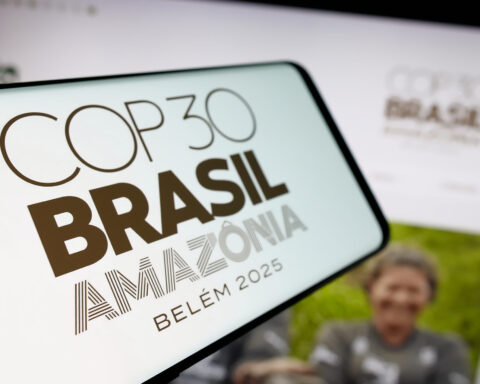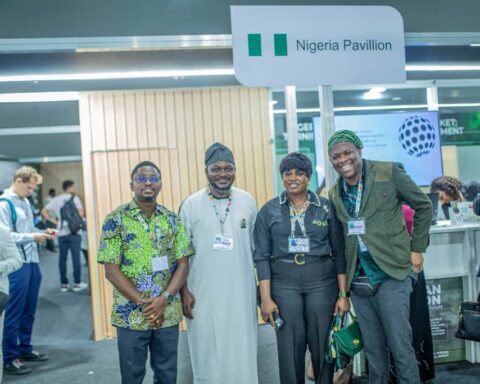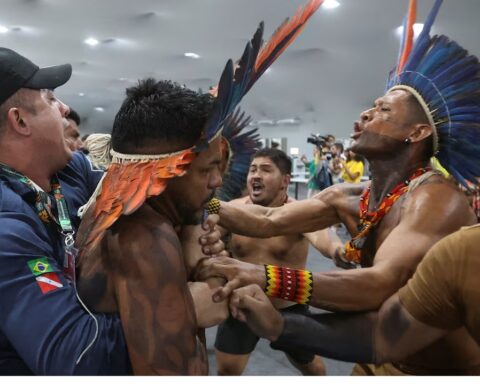The Opening Conference of the Rio Climate Action Week (RCAW) on Monday, August 25, 2025, brought together global climate champions, Indigenous leaders, Nobel laureates, researchers, business executives, and policy shapers at Rio de Janeiro’s Museum of Tomorrow.
The event marked the beginning of a week-long series of activities, panels, and discussions designed to accelerate solutions to the world’s most pressing climate challenges as the world moves closer to COP30 in Belém, Brazil.
With over 30 prominent voices in attendance including four United Nations High-Level Climate Champions, social movement leaders, and senior representatives of global institutions the conference set the tone for what organizers called “a week of action, solutions, and solidarity.”
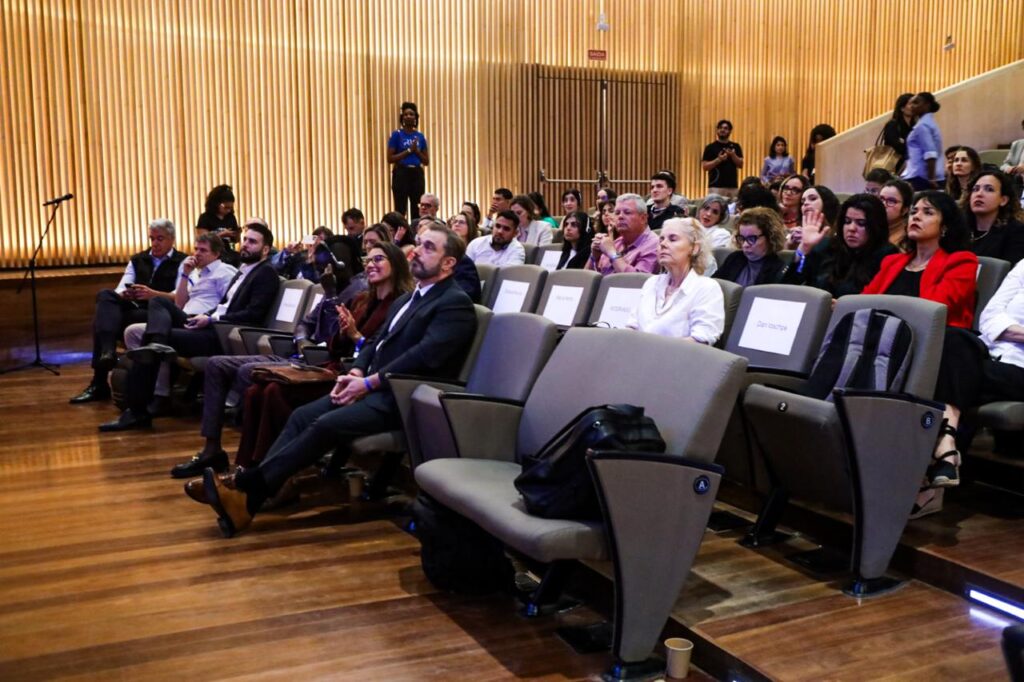
Setting the Stage: From Rio92 to COP30
The day opened with welcoming remarks from Ricardo Piquet, general director of the Museum of Tomorrow, alongside RCAW co-organizers Dr. Marcelo de Andrade and Malini Mehra.
Indigenous leaders Marcos Terena and Álvaro Tukano blessed the gathering with words that emphasized cultural and spiritual heritage, reminding participants of the urgency of collective solidarity.
Messages of support were delivered from across the globe, including Gonzalo Muñoz, UN High-Level Climate Champion for COP25, and American policy leader Ed Russo, Chair of the White House Environmental Advisory Task Force. Russo, in a powerful statement, underscored the central challenge:
“We know where the problems are, we’ve identified the solutions, and we certainly have the money. What’s missing is leadership and that’s what we are here to discuss today.”
He called for immediate action on pollution, likening the crisis to building a fence at the cliff’s edge rather than waiting with an ambulance in the valley.
The conference’s five panel sessions provided a historical arc, tracing the journey from the Rio92 Earth Summit a landmark in international climate diplomacy to the challenges of today, as Brazil prepares to host COP30 in Belém.
Amazon on the Brink: Scientists Sound the Alarm
Among the most urgent messages came from Carlos Nobre, scientist and researcher at Brazil’s National Institute for Space Research (INPE).
He warned of the looming Amazon tipping point, a threshold beyond which the rainforest may lose its ability to regenerate.
“If we don’t stop deforestation, degradation, and prevent the global temperature from rising by 2°C, the Amazon will self-destruct. And this will impact the entire world,” Nobre cautioned.
The warning echoes a growing scientific consensus that the Amazon often called the “lungs of the planet” is critical not just for Brazil but for global climate stability.
Indigenous perspectives were central to the day’s conversations. Telma Taurepang of UMIAB and Taily Terena, director of the Institute of Indigenous Memory and Science, emphasized the role of traditional knowledge and the importance of listening across generations.
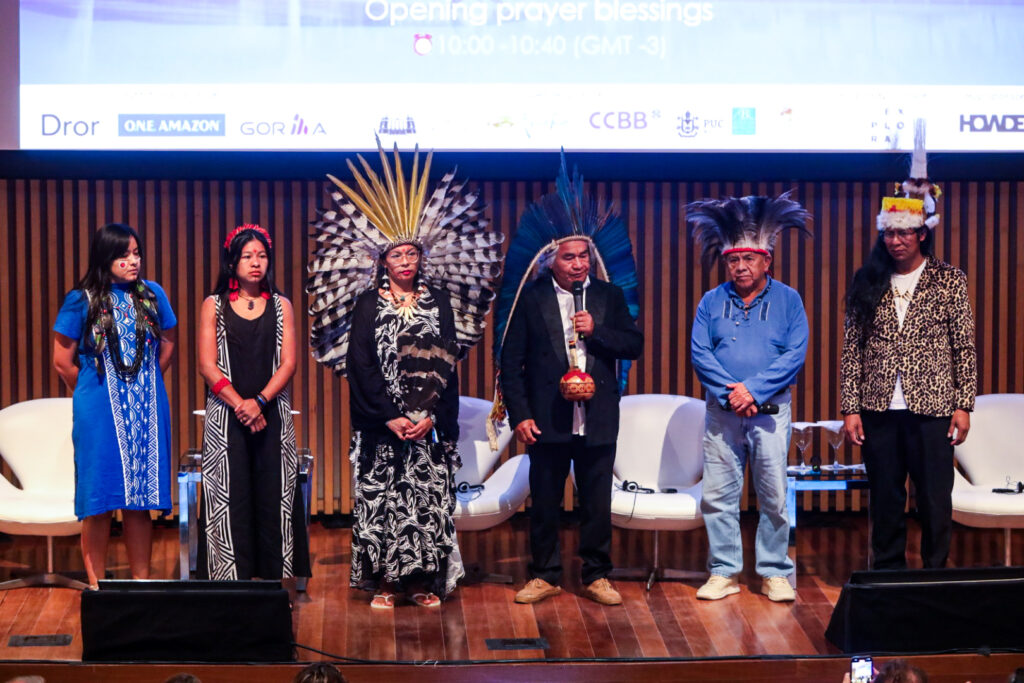
“Intergenerational dialogue is essential. We must listen to the elders and they must listen to us. But talking to the elders is something for all of us, not just Indigenous peoples,” said Taily.
This emphasis reflects the recognition that Indigenous peoples, who safeguard vast tracts of forest and biodiversity, are not only victims of climate change but also holders of critical solutions.
Another highlight came from Marcele Oliveira, COP30 Youth Champion, who stressed the transformative role of inclusive participation.
“Rio92 generated many advances led by social movements that dared to think that a conference on climate must also be a conference about people,” Oliveira said.
Her words reinforced the growing visibility of youth-led climate action movements worldwide, from Fridays for Future to local grassroots campaigns.
Climate Finance Moves to the Center of the Debate
One of the strongest themes of the day was climate finance, reflecting a shift in global climate negotiations where economic ministries are playing a greater role.
“It wasn’t so common in past COPs, but finance ministers have been increasingly involved in these events. We want to place finance at the center of solutions it must not be a bottleneck,” said Tatiana Rosito, Brazil’s Ambassador and Secretary for International Affairs at the Ministry of Finance.
Winston Fritsch, Emeritus Counselor at CEBRI and member of the COP30 Presidency, stressed the need for systemic incentives to prevent “free-riding” among nations.
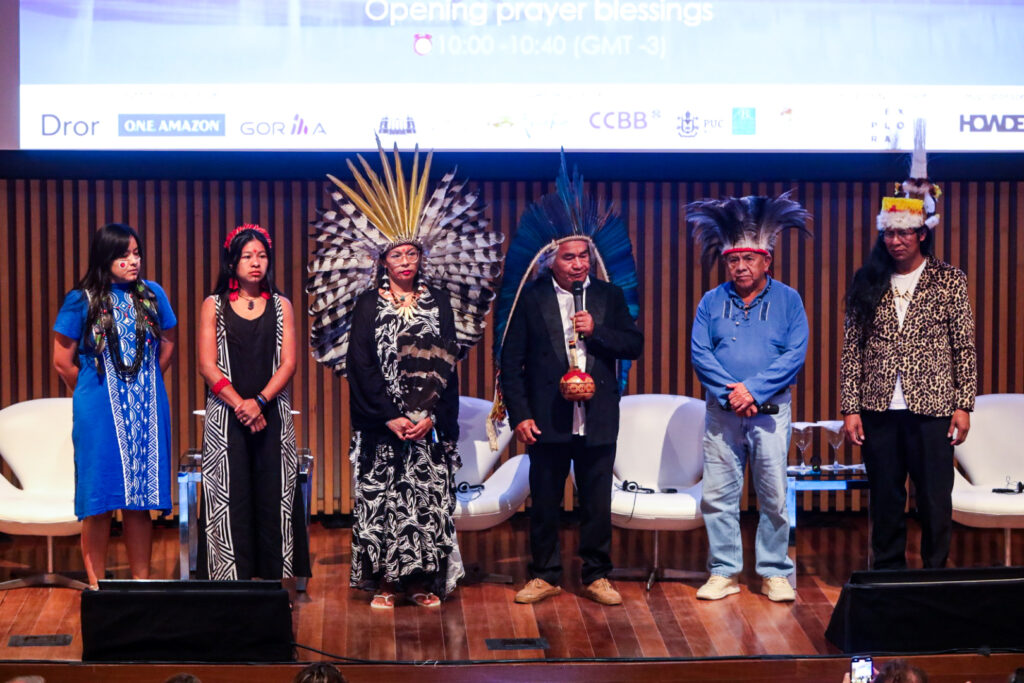
“The UN has 193 countries today imagine how difficult it is to move forward without incentives. The Tropical Forest Finance Fund (TFFF), which Brazil is presenting as a model for climate finance, already has World Bank support,” Fritsch revealed.
The discussions underscored the urgent need for innovative financing mechanisms to fund climate adaptation, resilience, and emissions reduction, especially for developing nations.
A fresh wave of optimism came with the announcement that the Earthshot Prize a global initiative launched in 2020 to accelerate environmental solutions will be hosted in Brazil in 2025.
“It is a project that accelerates and scales environmental action.
The prize selects 15 solutions worldwide to receive support and consultancy. Since 2020, the platform has received 8,000 submissions, and over 500 of them come from Brazil,” explained Felipe Vilela, the Earthshot Prize’s representative in Brazil.
This move is expected to position Brazil not just as a host of COP30 but also as a hub for climate innovation.
Looking Ahead: A Week of Action in Rio
The Rio Climate Action Week is scheduled to feature over 200 activities through Friday, August 29, hosted across multiple venues in Rio de Janeiro.
On Tuesday, August 26, the focus will turn to financial innovation for cities, with a major forum at the BNDES headquarters.
The event, featuring Dr. Mahmoud Mohieldin, UN Special Envoy on Financing for Sustainable Development, will bring together government officials, private sector leaders, investors, and development banks to explore new models for resilient and sustainable urban development.
The range of events reflects a holistic approach linking finance, science, Indigenous knowledge, and innovation as Brazil positions itself at the heart of global climate negotiations in the lead-up to COP30.
Why Rio Climate Action Week Matters
The opening conference of RCAW was more than a ceremonial launch; it was a declaration that the global climate community cannot afford delay.
The mix of voices from Nobel laureates to Indigenous elders, from finance ministers to youth champions demonstrates that solving the climate crisis requires shared responsibility and collective leadership.
At the heart of the discussions lies a recognition: the world has solutions and resources, but without political will and accountability, progress will falter. As Ed Russo put it, leadership is the missing ingredient.
With Brazil preparing to host COP30 in Belém, the stakes are particularly high. The Amazon, finance systems, and the future of young generations all converge in what could be one of the most decisive moments in the history of climate diplomacy.
As the week unfolds, the message from Rio is clear: the time for promises is over the era of climate action, innovation, and accountability must begin now.
By Dare Akogun


